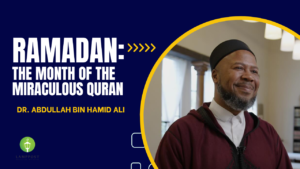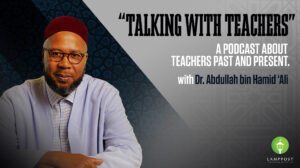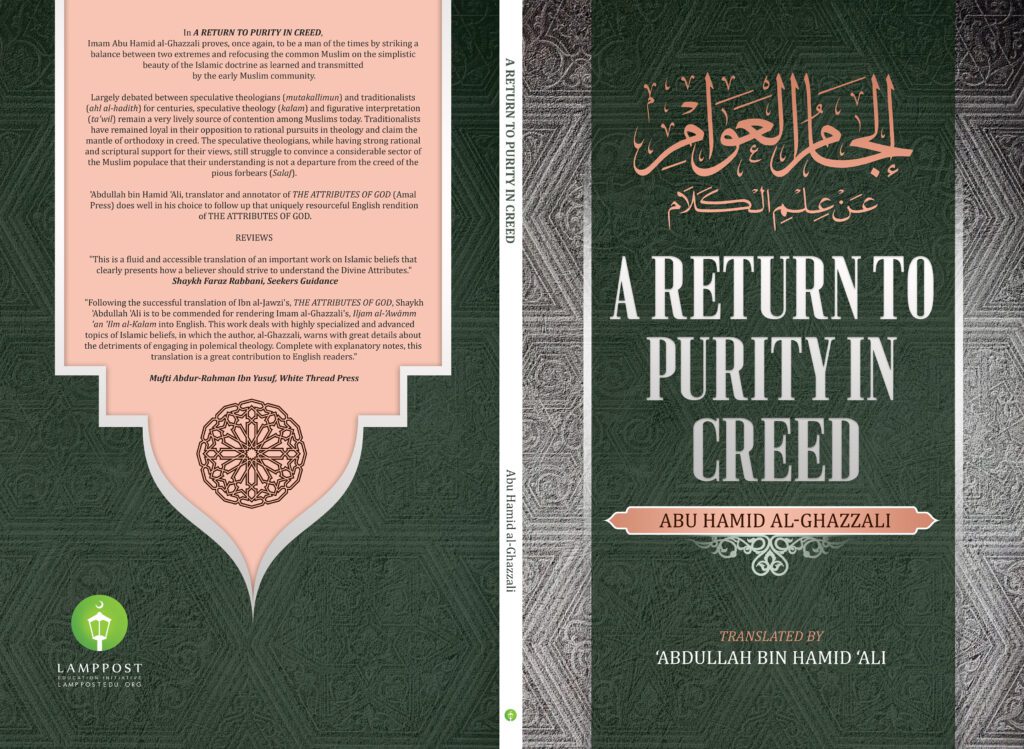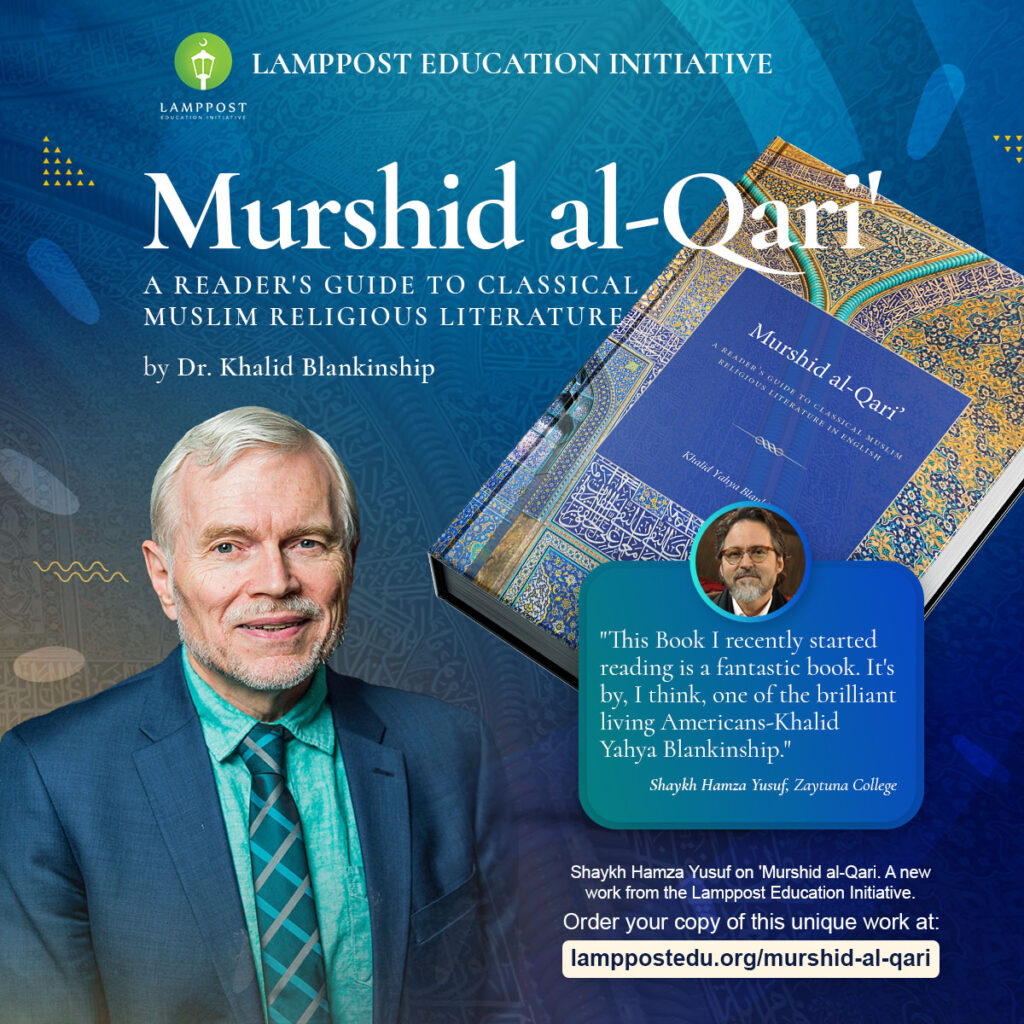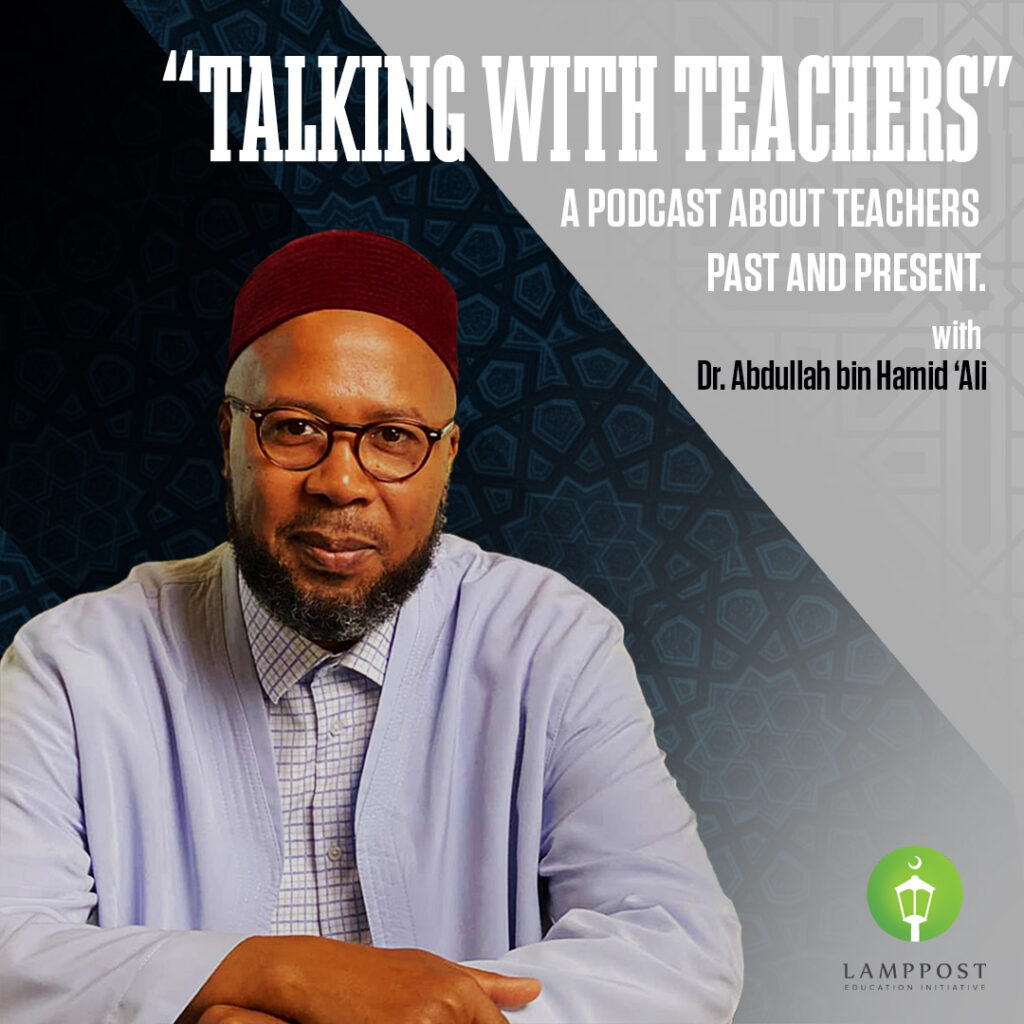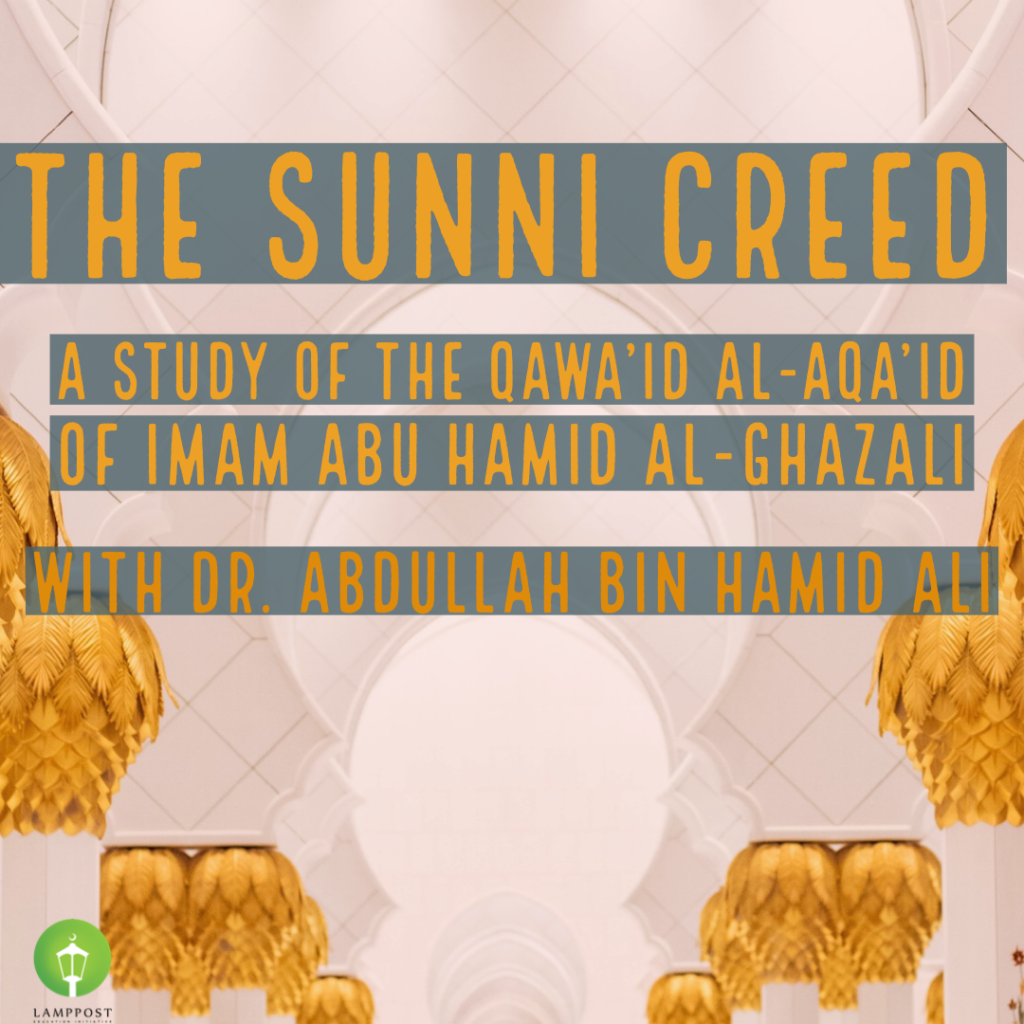The tragedy and lost of life at the Boston Marathon has captured the attention of the world. The suspects of this terrible crime, Dzhokhar Tsarnaev and his deceased brother Tamerlan Tsarnaev have been identified as Muslims. As Muslims, how should we now view the suspects? Do we “excommunicate” them? Should we abandon our communal obligation to bury Tamerlan Tsarnaev? Shaykh Abdullah Ali explores these issues by providing a historical context in this thought-provoking article.
“ The Kharijite Rebirth ” – Shaykh Abdullah Ali
The Kharijites (or Khawarij) throughout most of Islamic history was considered by the majority of Muslims to be a deviant sect of Islam. For those unfamiliar with who they were, the Kharijites first appeared during the first Muslim civil war for succession between Imam ‘Ali b. Abi Talib (r), the Prophet Muhammad’s cousin (pbuh), and Mu’awiya b. Abi Sufyan. This response from the Imam is one of the great testimonies to his wisdom, courage, and piety which forms part of what made him worthy of the Prophetic characterization of him related by Imam Khatib al-Baghdadi in his History of Baghdad, “ I am the city of knowledge, and ‘ Ali is its gate. ” A similar degree of restraint was exercised by ‘Ali’s senior and predecessor, Abu Bakr al-Siddique, who was faced with a rebellion not long after being appointed the Prophet Muhammad’s (pbuh) worldly successor (khalifa). Faced with three separate ideological splits: 1) those who denied the obligation to pay him Zakat; 2) those who apostatized from Islam; and 3) those who followed the false prophets. Though he fought against all three, his demand from the rebels who denied him the poor-tax was to return to their religious obligations. In other words, his justified fighting them, not because they were NOT Muslims. It was, rather, that they were, and had a duty to uphold the pledge they gave to the Prophet (pbuh) to give the poor their right which was usually collected and distributed by his designee.The salient characteristics of the Kharijites that led them to be labeled a heretical group were:
- their belief that the commission of major sins made a person an apostate;
- their concomitant declaration that the blood of the said sinners held no sanctity, likewise, for those who disagreed with their views, and
- their displays of gentleness toward non-Muslims as a way of encouraging them to accept Islam while simultaneously showing Muslims who disagreed with their views nothing but harshness even to the point of declaring most of the Prophet’s companions to be unbelievers.

